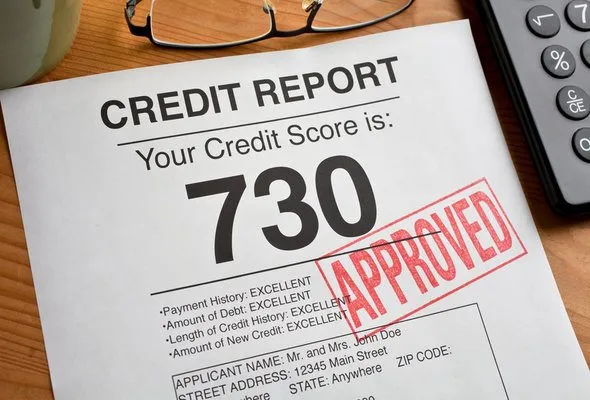Many recent graduates struggle to transition from college to the real world. As independent adults, they may be making major decisions concerning different aspects of their lives, including their finances, for the first time. If they want to buy a home and make other large purchases, they’ll probably need to have good credit. But many students don’t have the chance to establish a credit history before leaving college. If you’re a recent graduate who wants to build credit for the future, here are some ways to get started.
Check out the best secured credit cards.
Consider Getting a Store Credit Card
Having a store credit card can help you build credit, especially if you pay your monthly bills on time. When using your card, however, it’s best to avoid overspending simply for the sake of trying to improve your credit score.
Don’t Avoid Student Loans

Making student loan payments by your due date can also help your credit score. While having student debt may not seem like a good thing, it can diversify your credit mix if you already have a credit card. A student loan is a type of installment loan and having a mixture of different credit accounts is important. Your credit mix accounts for 10% of your FICO credit score.
Most federal student loans have a six-month grace period before any payments are due. PLUS loans are an exception. Borrowers have to start paying back these loans once they’ve fully been disbursed. If you have a Federal Perkins Loan, you’ll need to check with the school you attended to find out whether there’s a grace period.
If you’re having a hard time paying your student loan bills, you might want to consider applying for one of the income-driven repayment plans, like REPAYE. Those payment plans and tools like SmartAsset’s student loan calculator can help you manage your student debt payments.
It’s also important to pay attention to the interest rate tied to your student loans. Interest will accrue during your grace period if you have a subsidized student loan. If you have an unsubsidized loan, interest will begin to accrue while you’re still in school.
Consider Finding a Co-Signer
You may want to improve your credit score by getting a loan. But if your credit score is low, a lender may reject your loan application. Finding a co-signer who can vouch for you can help you get the loan you need to build credit.
If a parent or significant other isn’t comfortable co-signing a loan, you can ask him or her to make you an authorized user on their account. If this person uses their credit card in a responsible manner, that can boost your credit score and their score at the same time. Since you won’t be making credit card payments, however, being an authorized user won’t have a big impact on your credit overall.
Apply for a Secured Credit Card
This can be a great option for anyone who doesn’t have any credit at all. With a secured credit card account, you’re required to pay a security deposit. Your deposit becomes your collateral and your credit line.
As with any other kind of credit card, you’ll have to make your secured credit card payments on time if you want to raise your credit score. While they’re not meant to be permanent credit cards, secured credit cards can give you the chance to establish a credit history.
Shop Around for the Best Credit Card for Your Lifestyle

Not all credit cards are the same. They vary in terms of their interest rates, annual fees and features. Credit card policies, fees and stipulations can seem overwhelming to someone who’s just beginning to take control of their own finances. Any recent college graduate who’s looking for a credit card might want to focus on finding one with few fees and if possible, a low interest rate.
Bottom Line
There are several ways that students can build credit after graduating from college. Whether you should get a credit card or a loan will depend on your own financial situation and your lifestyle.
Regardless of how you plan to improve your credit score, it’s important to try and pay your balances in full every month. That way, you’ll avoid paying interest.
Photo credit: ©iStock.com/KirbyHamilton, ©iStock.com/DNY59, ©iStock.com/bernie_photo
